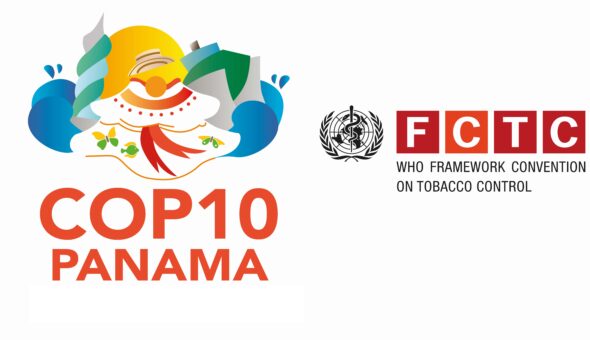Written by Dr Rosemary Hiscock, Research Associate in the Tobacco Control Research Group at the University of Bath
The UK government’s smokefree generation policy announced in October 2023 plans to stop the sale of tobacco products to anyone born in 2009 or later by raising the smoking age by one year each year. New research from University College London supports this tobacco endgame policy and in particular the choice to include all tobacco products within the scope of the generational ban, not just cigarettes. Other tobacco products include cigars, cigarillos, pipe tobacco, waterpipe tobacco products (for example shisha), chewing tobacco, heated tobacco, nasal tobacco (snuff) and herbal smoking products. Sarah Jackson and colleagues found that non-cigarette smoking is growing in the UK. They estimate that 772,800 people (11% smokers) exclusively smoked non-cigarette tobacco products in England in September 2023, up from 151,200 in September 2013. Growth was particularly strong among young adults with 3% of 18 year olds now smoking these products.
Without the ‘all tobacco products’ scope, the ban is likely to be less effective. We know this because previous University of Bath Tobacco Control Research Group (TCRG) research shows that the tobacco industry indeed has a long track record of turning to these non-cigarette products to circumvent legislation which applied only to cigarettes:
- The 2016 UK standardised packaging legislation applies only to cigarettes (factory made and roll your own). TCRG research found that the tobacco industry identified cigars and cigarillos as an opportunity for growth. The tobacco industry introduced cigarette-like cigarillos in small cheap 10 packs, which have become illegal for cigarettes, where the minimum pack size is 20 cigarettes or 30g of RYO. Japan Tobacco International (JTI)’s new cigarillos are sold under a familiar value cigarette brand name which could further entice smokers to switch to cigarillos rather than quit as a reaction to standardised packaging. Tobacco companies held social events where new developments in the cigar market were explained to retailers. Retail sales of cigarillos which had been in decline began to rise from 2016.
- Cigarillos are exempt from the UK minimum excise tax (MET) – which punishes the companies for selling cigarettes cheaply. The introduction of the MET in the UK in 2017 led to a rise in the price of the cheapest cigarette packs. TCRG research showed that the exemption of cigarillos from this tax further reduced the pack price compared to cigarettes, making them attractive to young and socioeconomically disadvantaged smokers.
- Menthol makes the experience of smoking less harsh therefore easing uptake and discouraging quitting. The 2020 menthol ban again only applied to cigarettes. The new cigarette-like cigarillos were sold with a flavour capsule which is no longer legal for cigarettes. Smokers continued to report menthol smoking post ban implementation in the UK with the availability of these flavoured cigarillos likely bearing some responsibility. Other countries with bans on menthol and flavours have also seen the introduction of flavoured cigarillos. For example, the 2009 flavour ban in the United States exempted cigars and in subsequent years sales of flavoured cigars grew: by 2014 nearly two thirds of middle and high school smokers had recently used flavoured cigars or waterpipe.
- Waterpipe smoking is rising in many areas of the world. Despite this, a paper authored by a TCRG researcher, showed that tobacco control legislation often omits waterpipe within its definition of tobacco products or lacks waterpipe specific policies and regulations. Non-cigarette tobacco products are a tactic that the tobacco industry is employing widely to undermine tobacco control.
We know that the tobacco industry has successfully exploited loopholes in previous tobacco control legislation which has focussed on cigarettes only. This has consequently led to growing sales and smoking prevalence of other tobacco products such as cigarillos and waterpipe/shisha.
The application of the UK government’s proposed generational sales ban to all tobacco products is to be welcomed in order to prevent the tobacco industry exploiting unforeseen loopholes. Given the industry’s previous success with using the tactic of non-cigarette tobacco products to undermine tobacco control, the government needs to be vigilant in case the industry argues to exclude products and be ready to defend the ‘all tobacco products’ concept within the legislation.



